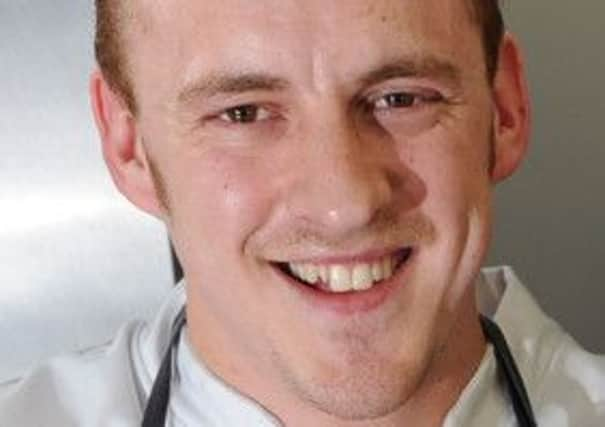Surge in veterans with mental health problems


Combat Stress says six veterans a day are coming forward with post traumatic stress disorder (PTSD) and other problems, and that it has more veterans on its books than at any other time since 1919, the year it was founded.
The charity believes that people who have fought in recent conflicts are coming forward earlier, despite the stigma attached to mental health problems.
Advertisement
Hide AdAdvertisement
Hide AdIts director of medical services Dr Walter Busuttil said: “It is the biggest increase we have seen in recent years and we expect it to continue.”
Experts delivering support to ex-servicemen and woman at Catterick Garrison in North Yorkshire agree the number of cases is rising.
The Beacon at Catterick, which is run by the housing association Riverside as part of their national network of support for ex-servicemen and women around the country, says 23 out of 31 residents are receiving help with mental health issues. Since opening in 2011, it has dealt with 63 veterans suffering from PTSD.
The Ministry of Defence’s area manager at The Beacon Trevor Morris said: “The trend is upwards as per the Combat Stress report. We expect this to continue in the foreseeable future as more people leave the services suffering from psychological issues.”
Advertisement
Hide AdAdvertisement
Hide AdFormer Army Commando Sean Percival-Scott, who served tours in both Afghanistan and Iraq between 2007 and 2011, started showing signs of PTSD - erratic behaviour and starting fights in pubs - after returning from Iraq.
Eventually he found himself homeless, using alcohol to self-medicate and suffering flashbacks.
He found help through The Beacon helping himself set up as a qualified dog handler with his own business SPS Canine Specialists, and also works with the non-profit organisation Veterans With Dogs. He said one of his friends, who had served on one of the same tours, had just been diagnosed with PTSD. He said: “There’s more self awareness now, society is more aware and it is more socially acceptable. In WW1 you got shot for desertion, for shellshock. It is definitely heading in the right direction. But if it hadn’t been for Spaces and The Beacon my PTSD would have only got noticed when it was something like a suicide attempt.”
In the past year Combat Stress has had 2,264 new referrals compared to 1,802 the previous year.
Advertisement
Hide AdAdvertisement
Hide AdIn all it has more than 5,900 ex-servicemen and women on its books, who wait an average of 13 years before coming forward. But veterans are now coming forward sooner; those who served Afghanistan wait on average for just over two years. Three-quarters suffer from PTSD and may also battle depression, anxiety and have problems with drink and drugs. A spokeswoman said: “Veterans are far better informed than they were 10 years ago.”
The latest research shows that the vast majority of veterans who completed a six-week residential programme at Combat Stress showed “significant improvements” in their PTSD, an improvement which was maintained at their six-month check up.